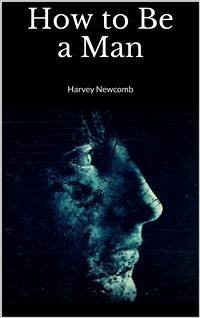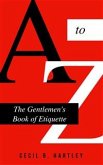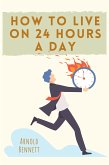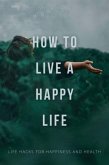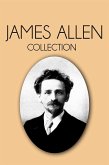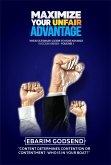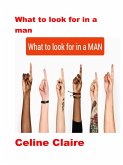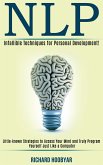In one sense, very young persons are apt to think too much of themselves—in another, not enough. When they think they know more than their parents and teachers, or other elderly people, and so set up to be bold and smart , then they think too much of themselves. It used to be said, when I was a boy, that “Young folks think old folks are fools; but old folks know young folks are fools.” Although I would be very far indeed from calling you fools , because you have already acquired much knowledge, and have the capacity for acquiring much more, yet, with reference to such knowledge as is acquired by experience , and in comparison with what there is to be known , there is “more truth than poetry ,” in the old adage. But, when young people suppose it is of no consequence what they do, or how they behave, because they are young , then they do not think enough of themselves.
Hinweis: Dieser Artikel kann nur an eine deutsche Lieferadresse ausgeliefert werden.
Hinweis: Dieser Artikel kann nur an eine deutsche Lieferadresse ausgeliefert werden.

